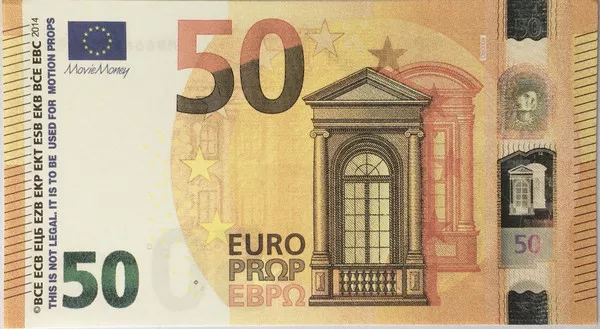For individuals planning a trip to Europe or engaging in international business transactions, timing the purchase of euros can have a significant impact on the exchange rate and overall costs. In this article, we explore the concept of timing in currency exchange and delve into the question: What day of the week is best to buy euros? By analyzing historical patterns and market dynamics, we aim to provide insights and guidance to help you make informed decisions when acquiring euros.
I. Understanding Currency Exchange Rates
A. Exchange Rate Fluctuations
- Explaining the dynamic nature of currency exchange rates.
- Highlighting the factors influencing fluctuations in the euro exchange rate.
B. Importance of Timing
- Discussing the impact of timing on the cost of acquiring euros.
- Exploring how fluctuations in exchange rates can affect the purchasing power of euros.
II. Analyzing Historical Patterns
A. Monday Blues: Exchange Rate Trends
- Examining historical data to identify patterns on Mondays.
- Discussing potential reasons behind the observed trends.
B. Midweek Stability: Tuesday to Thursday
- Analyzing exchange rate movements during the middle of the week.
- Discussing factors contributing to relative stability during this period.
C. Volatility on Fridays: Market Dynamics
- Exploring the reasons behind increased volatility on Fridays.
- Discussing the impact of economic news and events on exchange rates.
III. Considerations for Travelers
A. Planning Ahead
- Emphasizing the importance of pre-trip currency exchange planning.
- Discussing the benefits of monitoring exchange rate trends in advance.
B. Flexibility and Exchange Options
- Highlighting the advantages of flexible travel dates.
- Discussing alternative methods for obtaining euros, such as prepaid travel cards or withdrawing cash from ATMs.
C. Expert Opinions and Forecasting
- Exploring insights from currency experts and analysts.
- Discussing the limitations of exchange rate predictions and the importance of comprehensive research.
IV. Strategies for Businesses
A. Currency Risk Management
- Discussing the significance of managing currency risk for businesses.
- Exploring strategies such as hedging and forward contracts to mitigate exchange rate fluctuations.
B. Monitoring Market Conditions
- Emphasizing the need for businesses to stay informed about economic news and market trends.
- Discussing the benefits of establishing relationships with currency exchange providers for real-time insights.
C. Consultation with Financial Advisors
- Encouraging businesses to seek advice from financial professionals.
- Discussing the advantages of personalized strategies tailored to specific business needs.
V. Risk Management for Investors
A. Currency Speculation vs. Hedging Strategies
- Exploring the difference between currency speculation and hedging.
- Discussing the risks and potential rewards associated with each approach.
B. Diversification and Portfolio Allocation
- Highlighting the importance of diversifying currency holdings in investment portfolios.
- Discussing strategies for allocating a portion of the portfolio to euros.
C. Market Analysis and Timing
- Analyzing market trends and conducting technical and fundamental analysis.
- Discussing how investors can use market analysis to identify potential entry points for buying euros.
VI. Economic Factors Influencing the Euro
A. Macroeconomic Indicators
- Exploring key economic indicators that impact the value of the euro.
- Discussing factors such as GDP growth, inflation, and interest rates.
B. Political Developments and Geopolitical Risks
- Examining the influence of political events and policies on the euro.
- Discussing the impact of geopolitical risks and uncertainties on the euro’s value.
C. Central Bank Policies
- Analyzing the role of the European Central Bank (ECB) in shaping the euro’s value.
- Discussing how monetary policy decisions and interest rate changes can affect the euro.
VII. Expert Opinions and Market Insights
A. Economist Perspectives
- Sharing insights from renowned economists and currency experts.
- Discussing their views on the outlook for the euro and factors to consider when buying the currency.
B. Market News and Announcements
- Staying informed about relevant news and announcements that can impact the euro.
- Discussing the importance of monitoring economic reports, central bank statements, and political developments.
C. Long-Term Outlook
- Considering the long-term prospects for the euro and its potential for appreciation or depreciation.
- Discussing factors such as economic integration, trade dynamics, and global economic trends.
Conclusion:
Determining the best day of the week to buy euros involves a complex interplay of various factors, including historical patterns, market dynamics, individual circumstances, and economic indicators. While there is no definitive answer, investors can make more informed decisions by considering historical trends, monitoring market conditions, managing risk, and staying informed about economic developments. Seeking expert advice, conducting thorough research, and maintaining a long-term perspective can contribute to more successful euro purchases and investment strategies.
Related Topics:

























